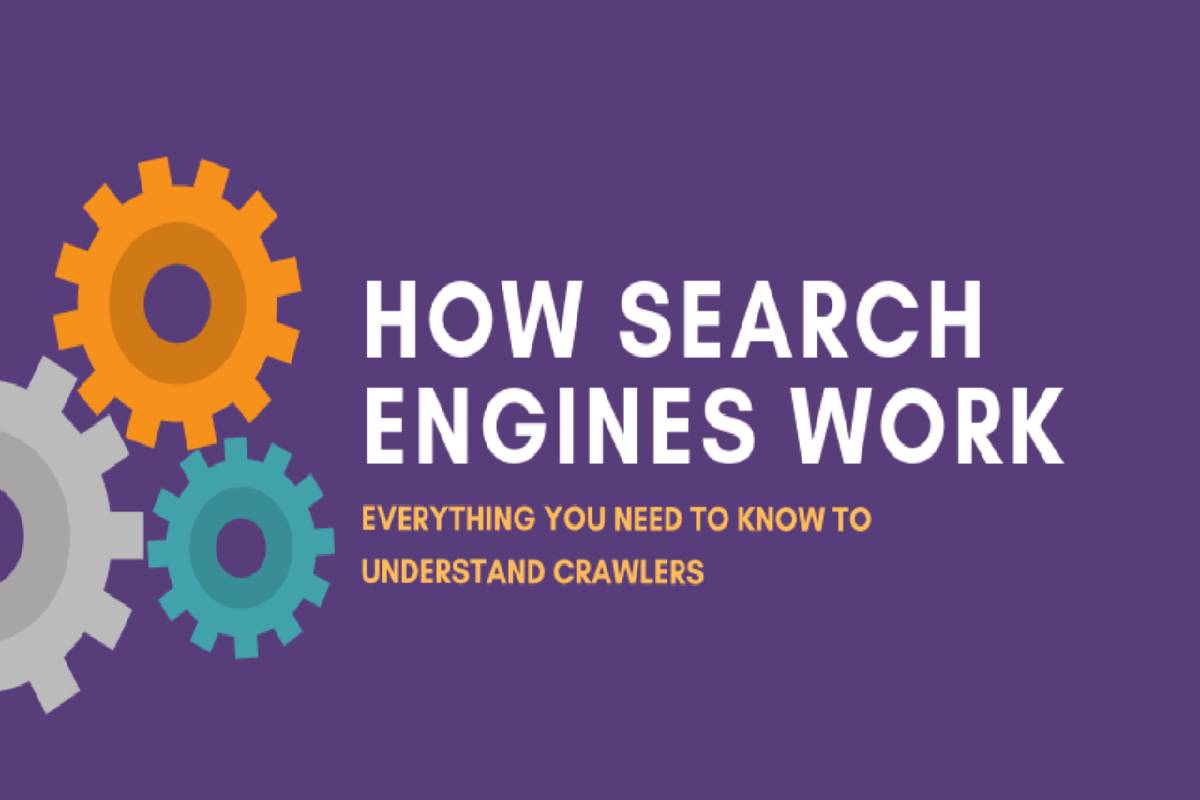Table of Contents
Search Engine Definition
Search engines are the central point of contact for all information seekers on the internet.
It search the internet based on a user’s search query and display the corresponding hits in a list from a technical point of view.
General search engines are suitable for searching the entire internet. Exceptional services and business search engines are designs for searches focusing on a specific area of information.
Supplier search engines are geared towards finding suppliers of products and services in business-to-business (B2B).
There are also other types of search engines such as meta search engines and local search engines.
Different Search Engine approaches
- Some of the major search engines like Google, Bing, and Baidu index a large part of the web.
- It also provides search results that would otherwise be overwhelming to search due to the internet’s size.
- Specialized content search engines select which part of the web is crawled and indexed.
- For example, specific TechTarget sites will only index pages related to these products and provide a shorter but more targeted list of results.
Some search engines allow you to enter a search query in natural languages, such as: What is the weather like today? - Special tools and some large websites make it possible to use several search engines simultaneously and compile the results in a single list.
- Individual websites, significantly larger corporate websites, can use a search engine to index and pull their own website’s content.
- Some major search engine companies license or sell their search engines for use on individual websites.
Where to look
- Several hundred search engines around the world are publicly accessible and generally available to Internet users.
- Simultaneously, there are about ten major search engines, each with its homepage – although some have an agreement to use another web site’s search engine or to license their search engine for use by other websites.
- Some pages search with their search engine and return the results of searches of other search indexes.
- Yahoo, for example, first searches its own hierarchically structured subject directory and delivers these entries.
- There were also entries from the AltaVista search engine until mid-2013.
- At the same time, it looked for entries that matched six or seven other major search engines.
- Today, Yahoo uses Bing’s search engine.
- If one looks at the distribution write for us of search engines’ use, the following picture emerges in Germany.
- Google dominates the market with a market share of around 90 percent. With about seven percent, Microsoft’s Bing nofollows in second place.
- Yahoo and T-Online rank behind with about one percent.
- Worldwide, Google leads the list of search engines with around two-thirds of search queries.
- Baidu, Bing, and Yahoo each account for approximately ten percent of global search queries.
How to Search
- For tips on entering search arguments, you should look at the hints of search engines, for example, on Google.
- However, a general search approach is to try how many search engines push when to stop the search.
- It isn’t easy to generalize, but here are a few helpful tips to help you find it.
- If you know a specialized search engine, like on the TechTarget pages, that fits a topic (e.g., enterprise software or networking), you save time using the site’s search engine.
If there isn’t a specialized search engine, try Google or Bing. Sometimes you can find a matching result or two, which is often enough. - If Google is not enough, try other search engines and their results. Depending on how important the search is, the first 20 entries are usually sufficient.
- For an efficient search, you can use a metasearch engine that uses several search engines simultaneously and searches their indices.
- If you haven’t found the correct result at this point, you should use a topic directory approach.
- You should look at Google or the structured topic categories of other search engines and see if you can narrow down a type in which the term or phrase is likely to be found.
- If nothing else is possible, you can come up with ideas for new search phrases.
- You can also search Usenet newsgroups if you deem it necessary.
- While searching, keep thinking about the search arguments. Which new approaches can be uses? What are related topics for search?
- Finally, consider whether the topic is so new that not much is available about it yet.
- If so, one may need to find the latest publications, research institutes, or companies engaged in research or development related to the subject.


